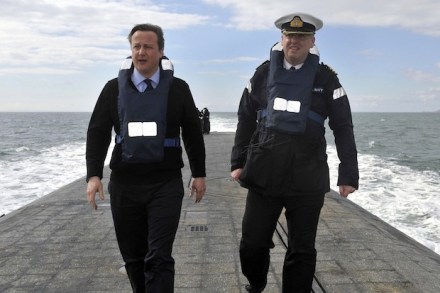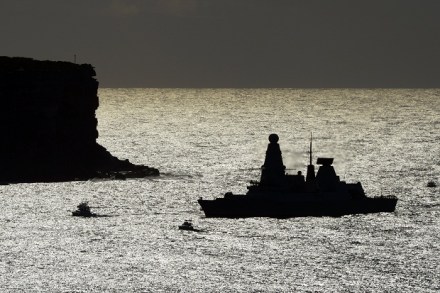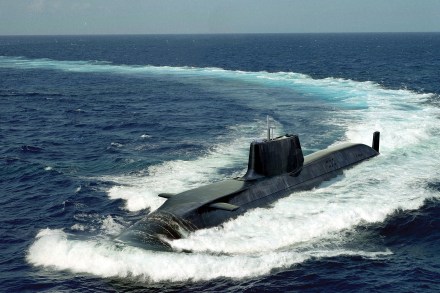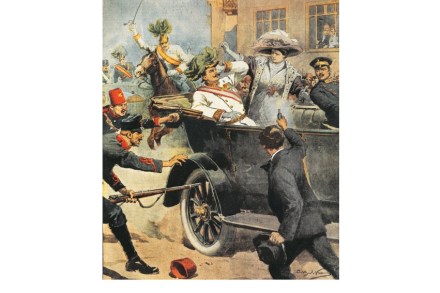David Cameron’s Unstrategic Defence Review
Michael Fallon’s confirmation last week that a Strategic Defence and Security Review is underway adds another question to the Conservatives’ growing list of slim-majority headaches: what to do about defence policy. With George Osborne hitting the Ministry of Defence with the second-largest pre-Budget cuts of any government department earlier this month, and Number 10 reportedly looking for ‘creative’ accounting measures to cover the fact that Britain will no longer meet NATO’s defence spending target, hopes that defence might escape further cuts have quickly evaporated. So the fact that the coming Spending Review is unlikely to deliver a rosy outcome for the MOD is already well known. The additional complicating factor, however, is the presence of various pre-election















